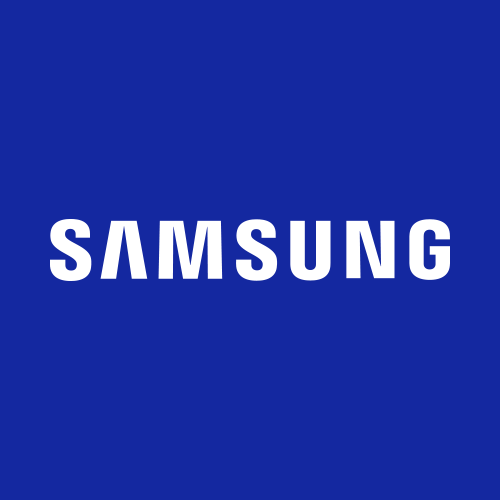Hi there,
I'm in need of a new SSD to replace one that's on its last legs. Unfortunately, I haven't been able to find any comprehensive data comparing failure rates across different manufacturers.
The only resource I've found that people seem to rely on is Backblaze, but their data is limited to a small number of server-grade SSD models from just a few brands. This makes it difficult to choose a reliable SSD from other manufacturers.
I'm wondering if there are any reports from computer repair shops or other sources that might offer a broader comparison of SSD reliability, especially for consumer-grade models.
I'm in need of a new SSD to replace one that's on its last legs. Unfortunately, I haven't been able to find any comprehensive data comparing failure rates across different manufacturers.
The only resource I've found that people seem to rely on is Backblaze, but their data is limited to a small number of server-grade SSD models from just a few brands. This makes it difficult to choose a reliable SSD from other manufacturers.
I'm wondering if there are any reports from computer repair shops or other sources that might offer a broader comparison of SSD reliability, especially for consumer-grade models.




